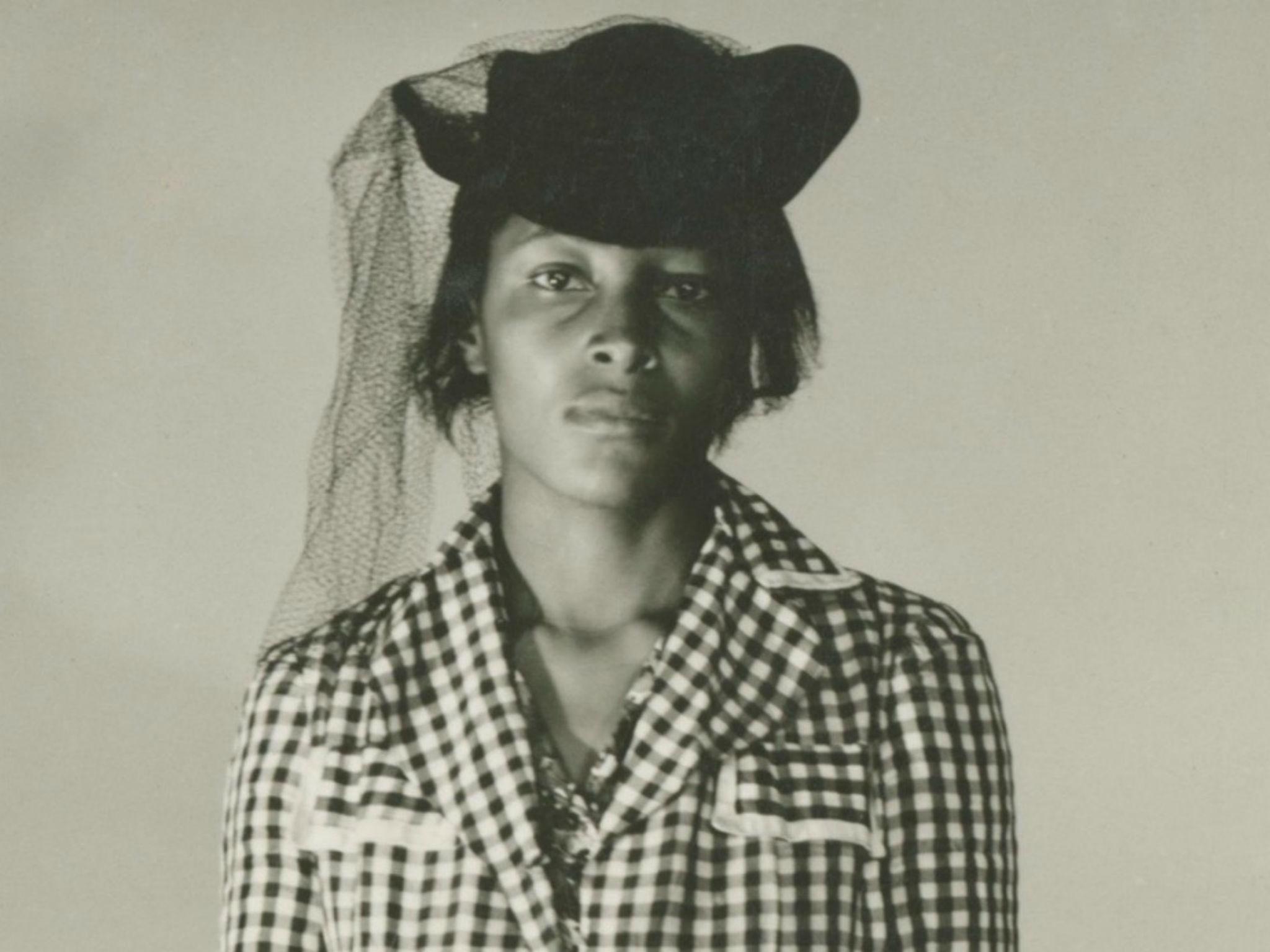The Rape Of Recy Taylor film review: Quietly devastating documentary about harrowing crime
Dir Nancy Buirski, 91min

Your support helps us to tell the story
From reproductive rights to climate change to Big Tech, The Independent is on the ground when the story is developing. Whether it's investigating the financials of Elon Musk's pro-Trump PAC or producing our latest documentary, 'The A Word', which shines a light on the American women fighting for reproductive rights, we know how important it is to parse out the facts from the messaging.
At such a critical moment in US history, we need reporters on the ground. Your donation allows us to keep sending journalists to speak to both sides of the story.
The Independent is trusted by Americans across the entire political spectrum. And unlike many other quality news outlets, we choose not to lock Americans out of our reporting and analysis with paywalls. We believe quality journalism should be available to everyone, paid for by those who can afford it.
Your support makes all the difference.“The number of black women raped by white men in our country’s past is staggering,” reads the intertitle at the start of Nancy Buirski’s harrowing documentary. Buirski tells the story of one of those rapes. Recy Taylor was a young mother from Alabama who was assaulted at gunpoint by a gang of six white youths as she left church. The attack took place in 1944.
Buriski has interviewed Taylor’s siblings and contemporaries. Her approach to the material is sombre, matter of fact and quietly devastating. Her interviews reveal the casual brutality of the white youngsters who “felt they could do it and get away with it” and who had been brought up to believe “the black woman’s body didn’t belong to her”.
The response to the crime was revealing. Some of Recy’s assailants lived close by, “two football fields away”, and they could have been easily identified. Nonetheless, the authorities did next to nothing. A grand jury made up of local white men was predictably reluctant to indict the rapists. As one lawyer puts it, “I don’t think the facts were the problem … colour had everything to do with it”. The effect on the family was devastating.
When Rosa Parks, then a young activist for the NAACP, was sent to investigate, the white sheriff intimidated her and tried to throw her down the steps. Parks (best known now for her part in the Montgomery bus boycott when she didn’t give up her seat) refused to be cowed. She herself had survived a rape attempt and continued to fight on Recy’s behalf.
One of the main points of the documentary is that Recy’s experiences were utterly commonplace. Recy’s sister speaks on camera about the way a policeman once slapped her simply because she didn’t step back when he was coming out of a store. She hit him back – and was sent straight to jail as a result.
Unlike many other rape victims, Recy spoke out about her rape. Her story was widely covered in the black press (but ignored by the white media in the south). In the second half of the film, we hear the stories of the assailants and the surprising, sometimes tragic, turns their lives took.
The film uses newsreel footage and archive photographs as well as interviews to bring the period of the assault to life. With the attack on Recy as a starting point, Buirski looks at the fight for equal justice. The campaign on Recy’s behalf briefly took on a nationwide momentum. Her case became an important staging post in the civil rights movement but she herself was left behind. The attention moved on elsewhere and she was largely forgotten about. Buriski’s documentary acknowledges her role in a bigger story.
Join our commenting forum
Join thought-provoking conversations, follow other Independent readers and see their replies
Comments